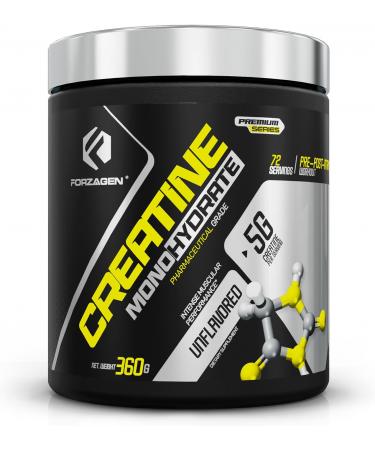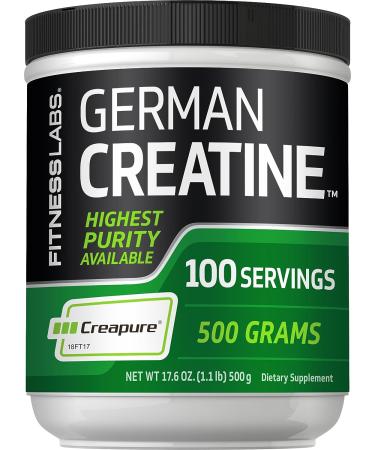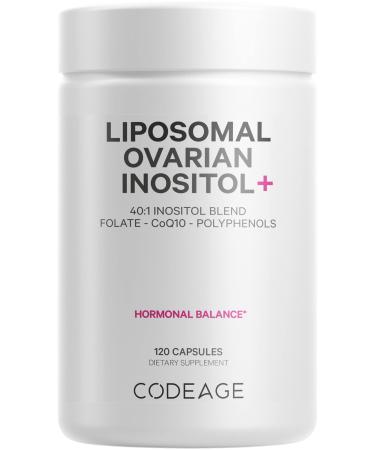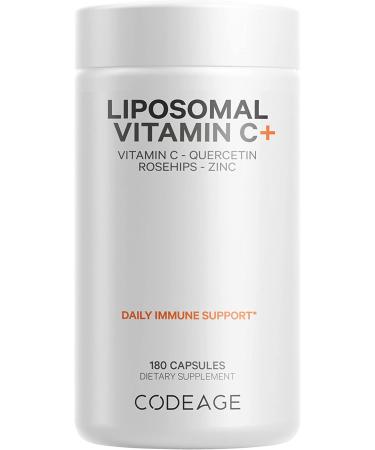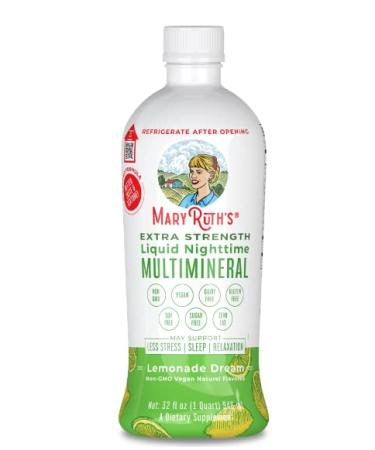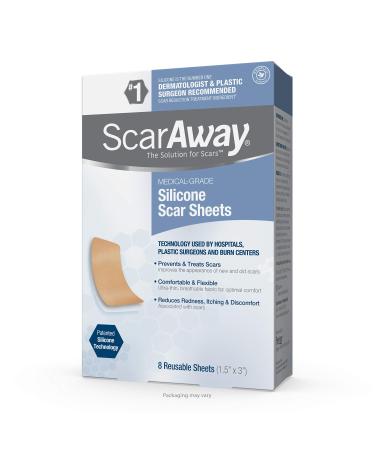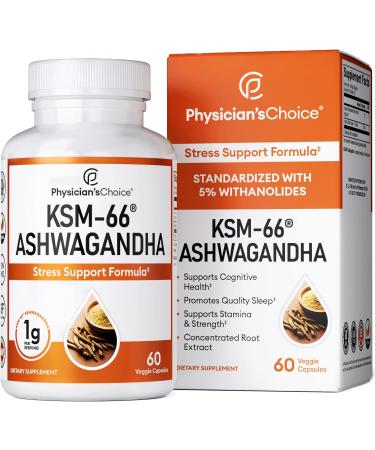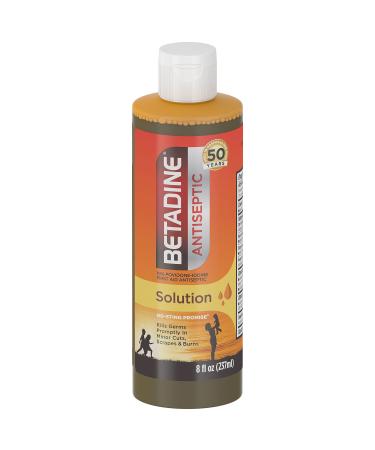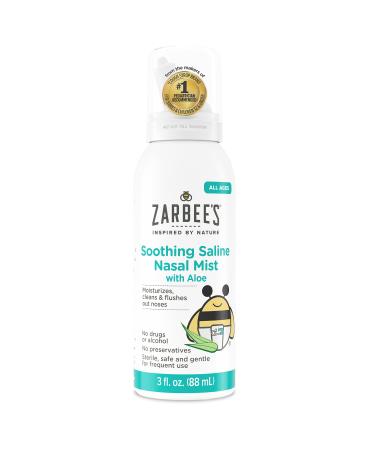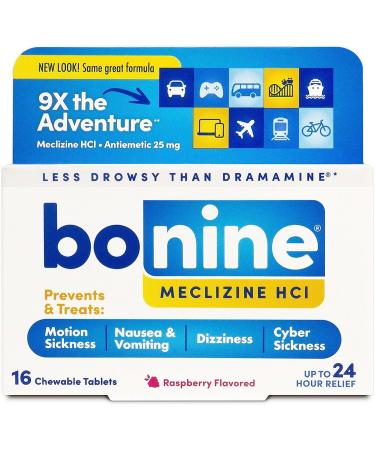Top Similar Products
Bucked Up Creatine Monohydrate 250 Grams Powder, Bucked Up Essentials (50 Servings)
Regular Price: US$54.99
Special Price US$39.99
Forzagen Creatine Monohydrate Powder Unflavored - (72 Servings) 72 Servings (Pack of 1)
Regular Price: US$54.99
Special Price US$44.99
Regular Price: US$85.00
Special Price US$74.99
Muscle Feast Creapure Creatine Monohydrate Powder - Unflavored - 55 Servings
Regular Price: US$80.00
Special Price US$69.99
Regular Price: US$65.00
Special Price US$49.99
Clearance Room!
Regular Price: US$28.99
Special Price US$16.99
Regular Price: US$85.00
Special Price US$27.00
OtterBox iPhone 12 & iPhone 12 Pro Commuter Series Case - Black
Regular Price: US$50.00
Special Price US$39.99
Regular Price: US$55.00
Special Price US$28.00
Regular Price: US$45.00
Special Price US$15.99
Regular Price: US$134.99
Special Price US$54.00
Regular Price: US$49.99
Special Price US$9.99
Regular Price: US$29.99
Special Price US$9.99

GRAND SELECTION
Think of it and most probably we have it among our grand selection of products!
AMAZING PRICES
Get ready for the amazing and best Supps prices ever!
FIXED RATE DELIVERY
Get your order anywhere on this planet within 5-10 days with a fixed rate of $19.99 (no matter the size of your order)





